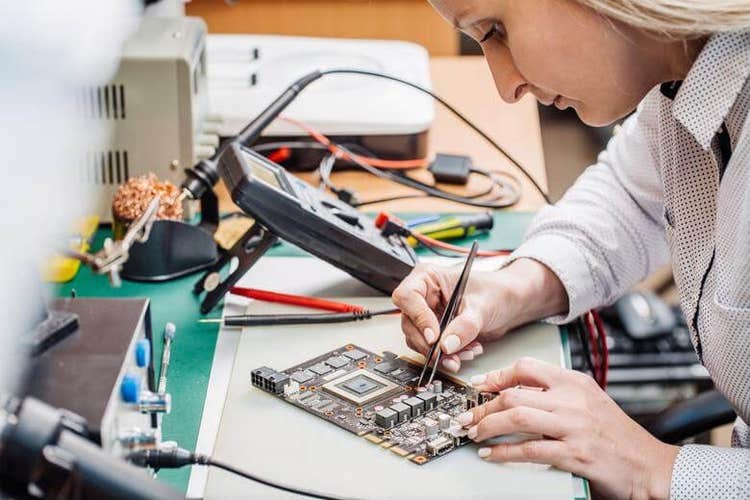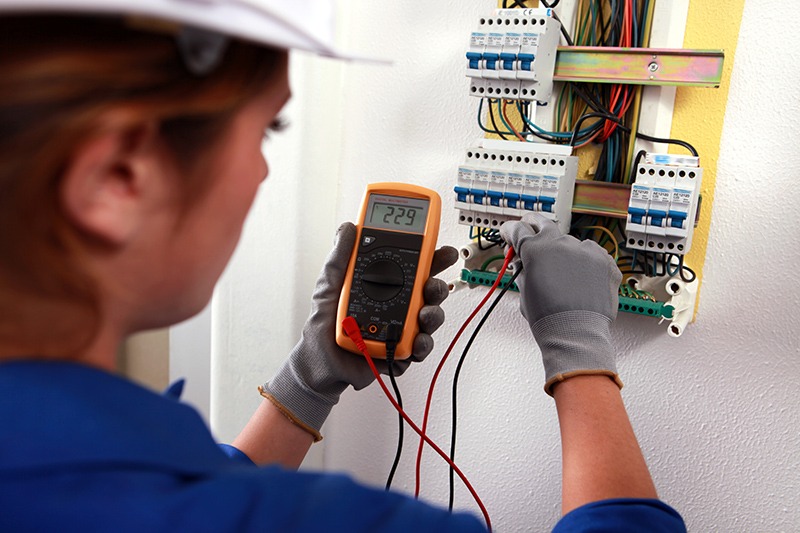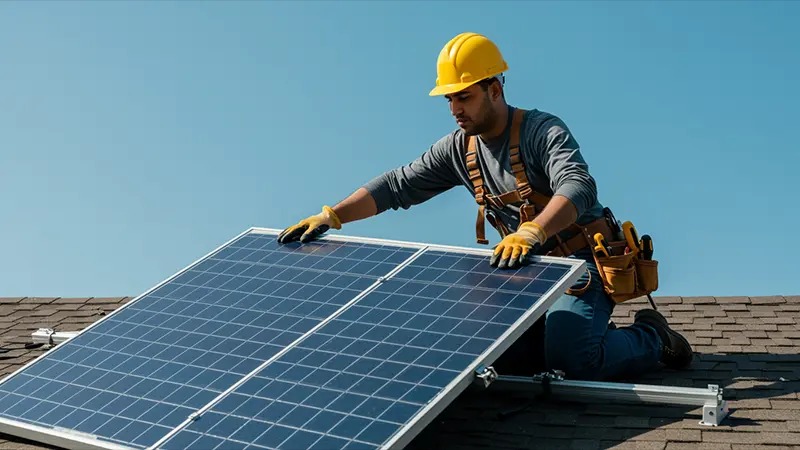Electricians play a crucial role in maintaining the infrastructure that keeps homes, businesses, and public spaces functioning safely.
From installing new systems to diagnosing faults, their work underpins much of modern life.
Across the Midlands, electricians support a wide range of environments — from residential properties and office buildings to factories and farms — ensuring that power supply, lighting, and equipment remain safe and efficient.
The Midlands’ blend of rural and urban areas creates a diverse landscape for electrical work. Electricians in this region must often adapt to very different challenges, whether they are rewiring period homes, installing smart technology in new builds, or maintaining large commercial systems.
The Breadth of Electrical Work

The scope of electrical work extends far beyond fitting light switches and sockets. Electricians handle complex systems that include renewable energy installations, data cabling, and vehicle charging infrastructure.
In residential settings, their tasks often involve:
- Full or partial house rewiring
- Fuse board replacements and upgrades
- Lighting design and installation
- Outdoor and security lighting
- Electrical inspections and safety certification
- Smart home and automation systems
In commercial and industrial environments, electricians are responsible for maintaining machinery, ensuring compliance with safety regulations, and keeping electrical systems energy efficient.
The constant evolution of electrical technology means that electricians must remain up to date with new techniques and regulations, particularly as renewable energy and electric vehicles become more prevalent.
Safety and Standards
Electrical work is tightly regulated to ensure safety for both professionals and the public. In the UK, electricians follow the standards set out in the BS 7671 Wiring Regulations and must adhere to building control requirements for certain types of work.
Many are registered with schemes such as NICEIC or NAPIT, which provide verification of competence and compliance.
Routine electrical inspections, often referred to as EICRs (Electrical Installation Condition Reports), play a key role in identifying potential hazards in both domestic and commercial properties. These checks help prevent electrical fires and ensure systems meet current standards.
The Regional Context: Electricians in the Midlands

The Midlands has a rich industrial history, and electrical work continues to support that legacy through the maintenance of factories, workshops, and manufacturing plants.
In cities such as Birmingham, Coventry, and Wolverhampton, demand for qualified electricians remains strong due to urban redevelopment and infrastructure projects.
Meanwhile, smaller towns and rural areas rely on electricians to maintain reliable power for homes, farms, and local businesses.
The growth of home technology — from smart thermostats to electric vehicle chargers — has also expanded the role of domestic electricians, particularly in suburban regions like Worcester, Redditch, and Kidderminster.
For instance, those searching for an experienced electrician Kidderminster will find that the area benefits from a wide network of skilled professionals capable of handling residential and small business electrical needs, reflecting the region’s balance between traditional homes and modern development.
Training and Qualifications
Electricians typically undergo extensive training through apprenticeships or vocational study, combining theoretical knowledge with hands-on experience.
Qualifications such as the Level 3 Diploma in Electrical Installations and NVQs form the foundation of professional practice.
Many electricians continue to upskill throughout their careers, particularly in emerging fields such as solar PV installation, battery storage, and electric vehicle charging.
The importance of ongoing training cannot be overstated. As technologies evolve, so too do the safety considerations and installation methods that electricians must master.
This focus on continuous learning ensures the profession remains aligned with both safety regulations and technological progress.
Sustainability and the Future of the Trade

The future of electrical work in the Midlands — and across the UK — is increasingly tied to sustainability. Government initiatives promoting energy efficiency and carbon reduction are creating demand for professionals skilled in renewable technologies.
Solar panels, air-source heat pumps, and EV charging points are now common installations for both residential and commercial electricians.
This shift is also encouraging new collaborations between trades. Electricians increasingly work alongside builders, heating engineers, and IT professionals to deliver integrated smart systems that combine energy efficiency with digital control.
The Importance of Local Expertise
Electrical systems are deeply connected to local infrastructure. Regional electricians often develop a deep understanding of their area’s architecture, energy supply networks, and planning requirements. This local knowledge supports faster problem-solving and more efficient service delivery.
In the Midlands, this can mean working on anything from older properties with outdated wiring to newly built developments designed with sustainable energy solutions in mind.
Each presents unique technical and logistical challenges that require expertise, adaptability, and compliance awareness.
Innovation and the Evolving Role of Electricians
As technology reshapes the way homes and businesses use energy, electricians across the Midlands are becoming key players in the region’s transition to a smarter, greener future.
Increasingly, they are involved in the installation of energy monitoring systems, smart meters, and intelligent lighting controls, helping property owners reduce consumption and improve efficiency.
Digital tools such as remote diagnostics and mobile reporting have also modernised the trade, allowing electricians to identify faults faster and complete compliance paperwork electronically.
This combination of hands-on expertise and digital precision reflects how the profession continues to evolve.
Furthermore, as demand for electric vehicles, renewable energy, and home automation grows, electricians will play an even greater role in building the sustainable infrastructure that underpins modern living.
Their ability to balance innovation with safety standards makes them indispensable to the Midlands’ ongoing technological and environmental progress.
Summary

Electricians across the Midlands form a vital part of the region’s infrastructure, combining traditional trade skills with modern technological understanding.
Their work supports everything from residential comfort to industrial productivity, ensuring that electrical systems remain safe, efficient, and future-ready.
As the industry continues to evolve toward greener and more connected technologies, electricians will remain at the forefront of both safety and innovation — an essential profession in an increasingly electrified world.

